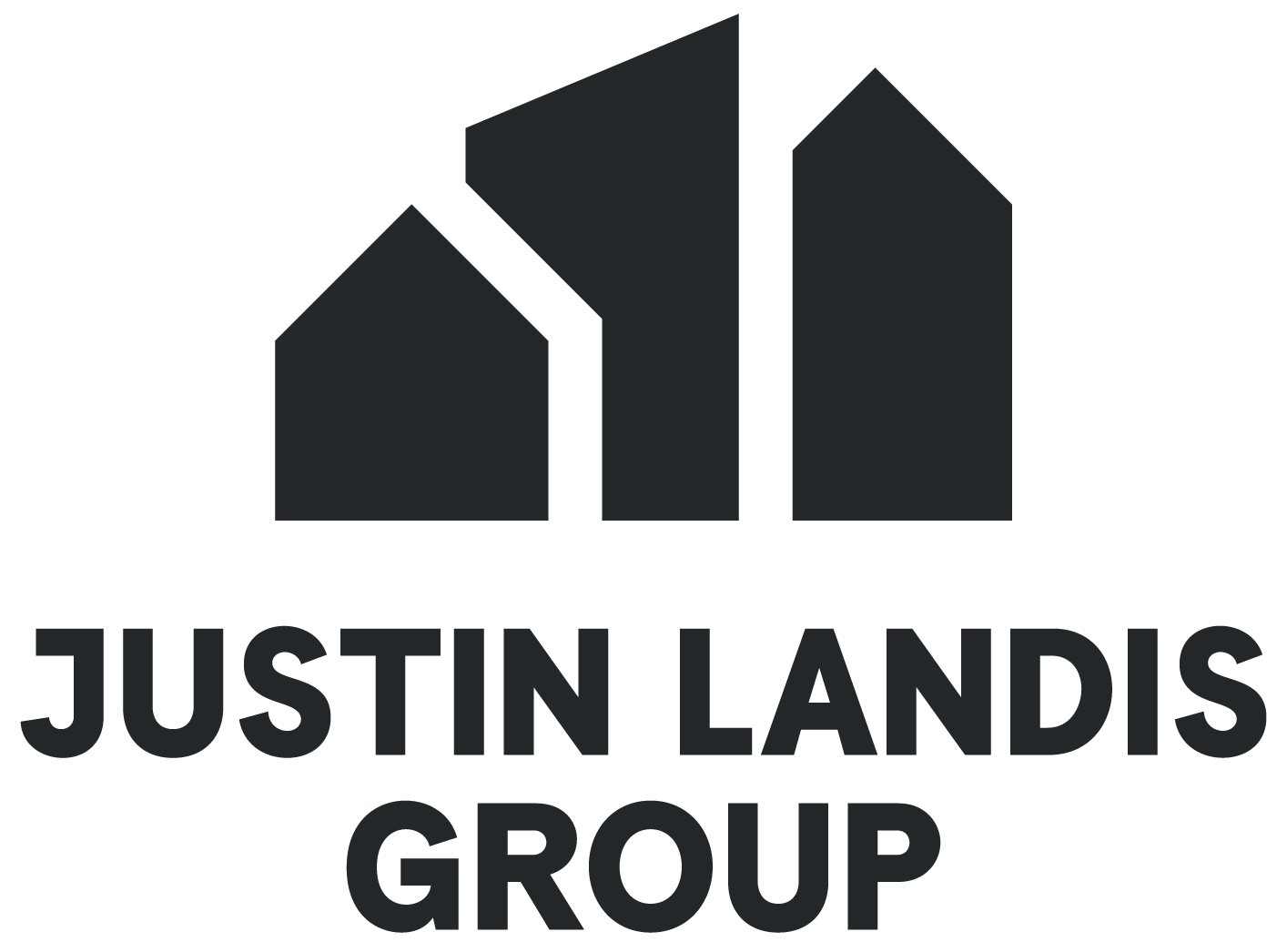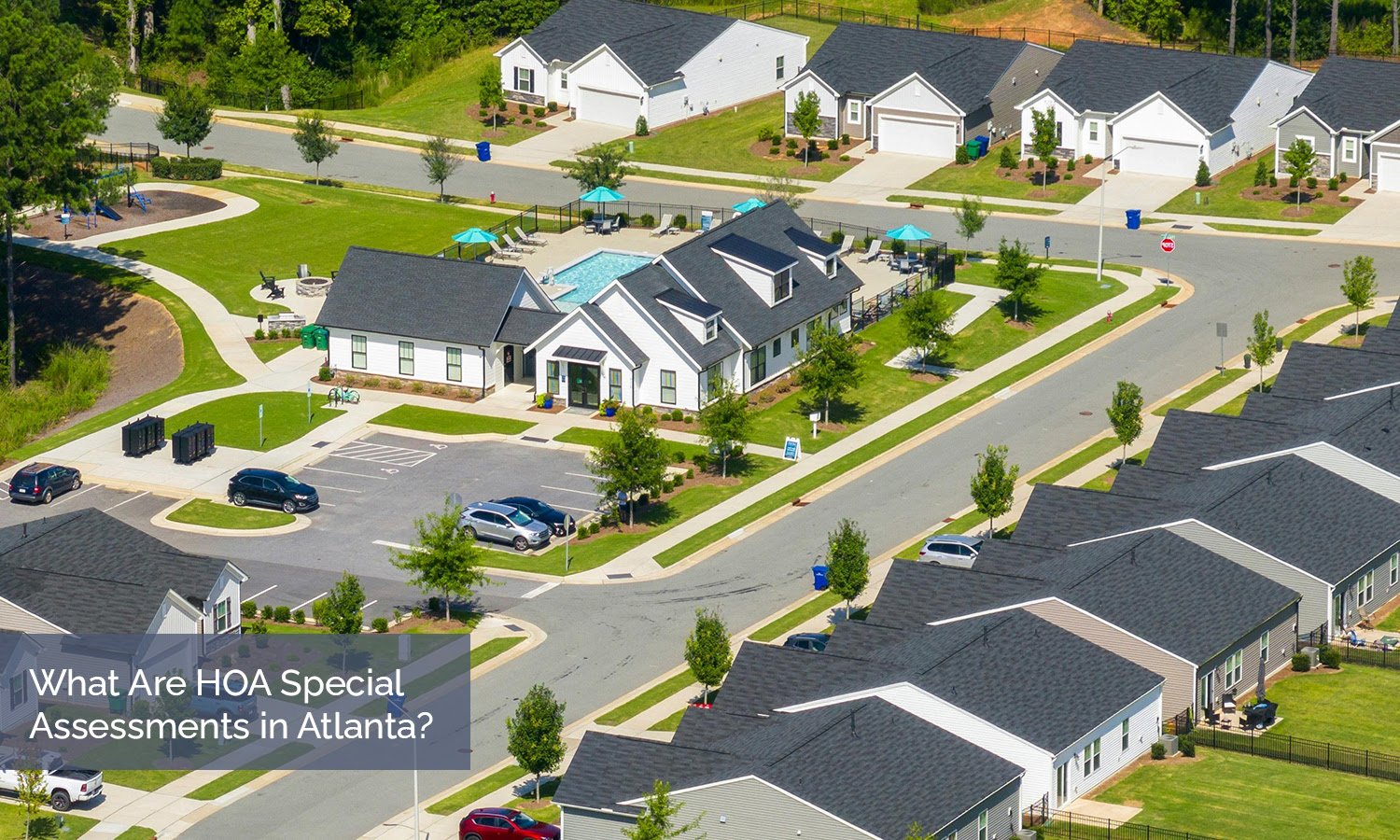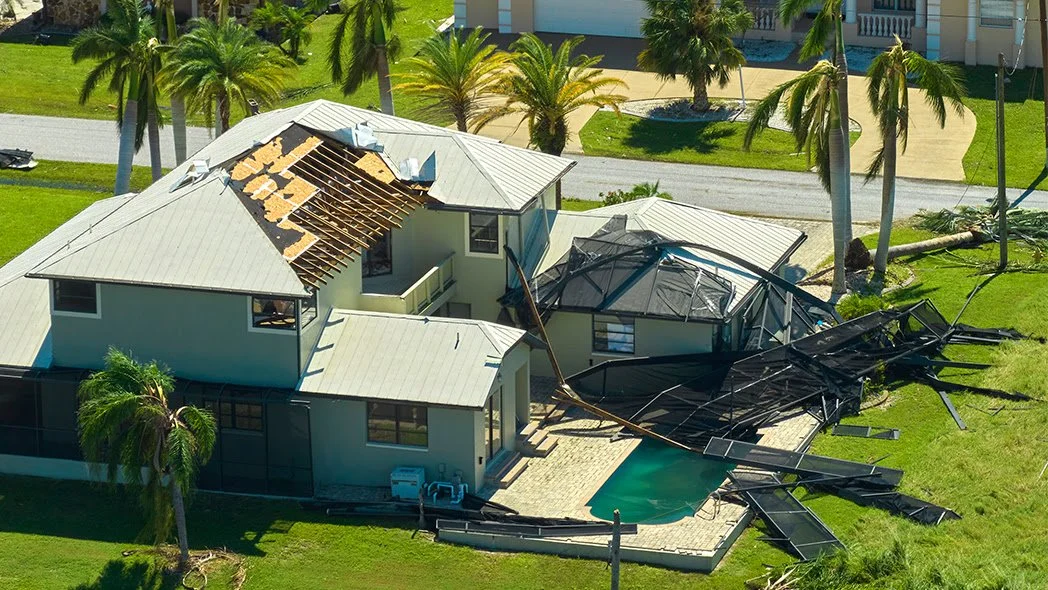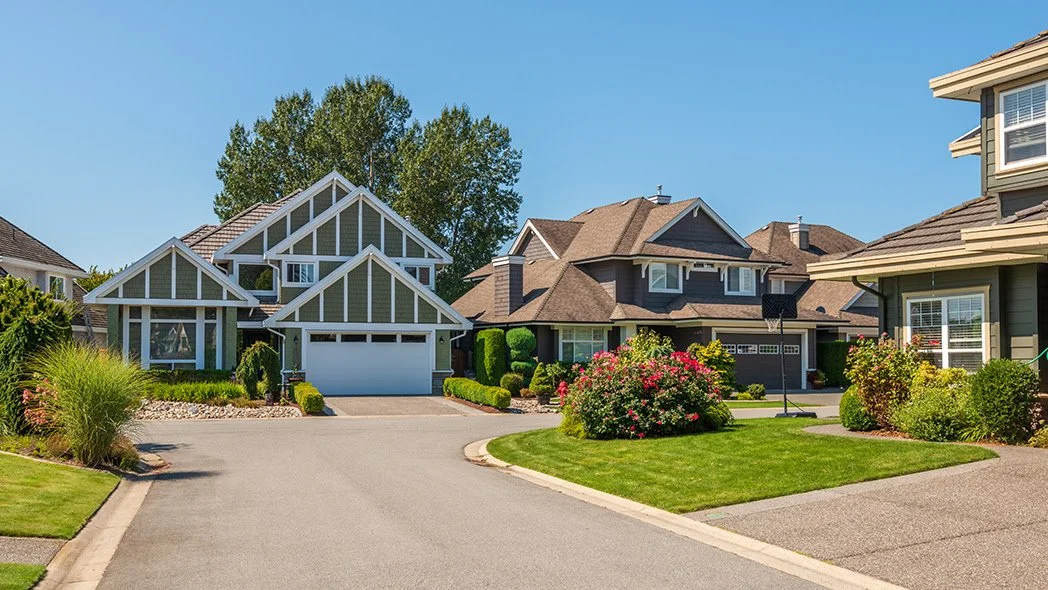What Are HOA Special Assessments in Atlanta?
You just received an unexpected assessment bill from your HOA, and the amount makes your stomach drop. $2,000 for emergency pool repairs after last month's storm, or $5,000 to replace the community's aging roof. You already have your monthly dues budgeted and accounted for. But now this unexpected bill comes in and throws your entire financial plan out of the window.
Atlanta homeowners get hit with these one-time charges a lot, and they can hurt. HOA fees in the area are already up 12.2% year-over-year, and now more than half of all homes in Atlanta have HOA obligations on top of their mortgage. Adding an assessment of a few thousand dollars to the mix can put you in a tough financial situation. These charges never come at a convenient time, either, and the amounts can be pretty large (especially if you thought your monthly dues were supposed to cover everything).
Plenty of homeowners aren't sure about what these assessments are or what rights they have when one of them comes through. These assessments are one-time fees that get charged for a specific project or emergency expense, and they're separate from the normal operating budget. Your usual monthly dues are meant to take care of day-to-day expenses like landscaping and basic maintenance. But assessments cover the big costs like storm damage repairs or big infrastructure replacements that your insurance isn't going to cover.
Here's what HOA assessments mean for Atlanta homeowners like you!
What Causes Special Assessments in Atlanta
Atlanta homeowners have to deal with special assessments for a handful of reasons that are fairly unique to living in this part of the country. The weather in this area can be very brutal on the community property. Tornadoes have torn through a few neighborhoods, and multiple communities had to pass assessments just to cover the costs to fix their entrance gates and clubhouses.
The freeze-thaw cycles we get around here are another big issue that doesn't get talked about as much. Temperatures will drop below freezing overnight, then they'll jump right back to the 60s during the day, and pool decks start to crack rapidly. The concrete expands and contracts over and over again until it eventually just gives up. One repair causes another, and before long, the entire pool area needs an overhaul.
The age difference between different Atlanta neighborhoods also creates its own particular set of challenges for homeowners. Newer developments in places like Johns Creek usually have modern systems that almost never break down or need big repairs. Established areas like Buckhead or Virginia-Highland are a different story - everything seems to fail all at once. The roof needs to be replaced, the pipes are about to fail, and the parking lot has developed potholes the size of dinner plates.
Insurance coverage is another layer of frustration on top of this. Most policies don't usually cover the full cost of repairs like these. An HOA policy might pay for storm damage to the clubhouse roof. But it won't cover the water damage that happened inside. Or it might cover the structure itself without covering any of the landscaping that got destroyed along with it. All these gaps add up fast.
Atlanta's fast growth over the past couple of decades has only made these problems worse for older communities in the area. New neighborhoods get built with updated materials and much better drainage systems right from the start. Established HOAs have to struggle just to stay ahead with basic maintenance on infrastructure that was installed decades ago.
Georgia Rules for Your HOA Assessment
Georgia has established how HOAs are allowed to charge these assessments, and most of them are related to notification requirements. Your HOA has to notify you in writing at least 30 to 60 days before the payment is actually due. The exact timeframe will depend on what your particular HOA bylaws say, so you should check those documents. The letter needs to tell you why they need the money and how much you're going to have to pay. The board also needs to show you when they approved the assessment and provide you with a payment timeline. Without all of this information in the letter, it might not be considered valid under Georgia law.
Emergency assessments work a little bit differently, though. When a tornado rips off the clubhouse roof or a pipe bursts and floods the common areas, the board can move much faster on the timeline. You'll still get notified. But the timeline can be much shorter than the standard 30-60 day window. Nobody wants to wait 2 months to fix a serious safety hazard, after all.
The voting process will be different based on your HOA's governing documents and on how much money they want to raise. Sometimes the board can approve an assessment on its own without any member input at all. For bigger amounts, though, they need to get homeowner approval first. Your HOA's covenants will spell out these thresholds, so you should review them closely when you get an assessment letter. Never receiving the right notification in the first place could give you grounds to challenge the assessment. Atlanta area courts usually side with the HOAs as long as they've followed the notification procedures correctly. Homeowners might hate the expense or feel that it's unnecessary. But judges will uphold the assessments when the HOA has followed the legal requirements properly.
How to Pay Your Atlanta HOA Assessment
When your HOA announces an extra assessment, you'll have a few different options for how to pay it. Most Atlanta HOAs will let you pay the entire amount in one lump sum, and as a bonus, some associations will actually give you a small discount for paying everything all at once. Discounts of around 5% to 10% are fairly common for homeowners who can manage the full payment up front.
Not everyone can afford to pay thousands of dollars all at once, and most associations know this. Payment plans are pretty standard across Atlanta, and they'll let you spread the cost out over a few months. 6 to 12 months is what you'll usually see, but the exact terms can be different depending on the situation. How much money the HOA needs and how soon they need it will matter quite a bit in the plan they give you. A broken pool pump that can wait a few weeks might get you more flexible terms. Emergency roof repairs after a big storm mean the association is going to need that money much faster.
Falling behind on your extra assessment payments can make the situation complicated pretty fast. The HOA has the legal right to place a lien on your property. Georgia law actually lets HOAs foreclose on your home for unpaid assessments, and though it might sound extreme, it does happen regularly.
The financial hit from an unexpected assessment can be hard on Atlanta homeowners. Many residents are already juggling a tight monthly budget with their mortgage, utilities and normal HOA dues. An unexpected $5,000 assessment can disrupt your financial planning for the year. Home equity lines of credit are one way that some homeowners use to cover these costs. Personal loans are another way to go with decent credit and the ability to qualify for fair interest rates.
Extra assessments for property improvements might also affect your taxes later. When the assessment pays for upgrades to the property, it can increase your home's cost basis. A higher basis could help you to owe less in capital gains taxes when you eventually sell your home. You'll want to keep detailed records to use this benefit. A consultation with a tax professional who can review your particular circumstances would be a smart idea.
Watch for These Warning Signs
Most homeowners in Atlanta can usually tell when an assessment is coming when they do a bit of detective work and ask a few smart questions.
The first place to check is your HOA's reserve fund study. A well-managed Atlanta association will have between 3 and 6 months' worth of operating costs in the reserves. When your HOA falls short of this target, there's a decent chance that an assessment could be on the horizon. Low reserves are usually a warning sign.
Another way to check is to take a stroll through your community and look around. Does the pool deck have cracks running through it? Do the roofs on the common buildings look like they're way overdue for replacement? Deferred maintenance has a way of piling up, and when the repairs get pushed back month after month, the homeowners eventually have to pay for them. Last year, a Buckhead community dealt with this when their pool needed emergency repairs, and every homeowner ended up paying for it through an assessment.
Board meeting minutes can be very informative. Scan through those documents for language like "postponed projects" or "budget constraints." When the board repeatedly delays repairs, the money still has to come from somewhere eventually. More often than not, it comes from an assessment that gets divided up between the homeowners.
The annual HOA budget is another document worth a look. Check out the line items and see if any of them look underfunded compared to previous years. Maybe the landscaping budget got slashed in half, or the maintenance costs dropped by a big amount. Budget cuts like these usually mean that the board wants to avoid raising monthly fees. But they usually end up calling for an assessment later instead.
When buying into an HOA community, ask about the reserve levels and any past assessments. Try to request at least 5 years of assessment history. Sellers don't always bring this information up on their own. But it's information that you're entitled to have.
Rights You Have with Special Assessments
When your HOA proposes an extra assessment, you actually have more options than just writing a check and hoping for the best. Georgia law gives homeowners the right to review every bit of the paperwork behind any big financial choice like this one. So you can request to see contractor bids, board meeting minutes and just about any other records related to the assessment. The board has to show you why they need this money and explain how they selected their contractors.
Something about the assessment might not seem right to you, and you can challenge it through your HOA's internal dispute resolution process. Every HOA in Georgia has to have one of these procedures available to homeowners. The board might not have given enough warning about the assessment. Or they might be trying to ask for more money than what is actually allowed under your community's bylaws and governing documents.
Sometimes homeowners might need to take legal action against their HOA. Most legal challenges happen when the board goes way outside of its authority or obviously breaks state law. Courts usually side with the HOA boards as long as the board followed the right procedures. Judges usually don't like to second-guess regular decisions about community management and finances. You could also run for the board yourself if you want to have a voice in how your HOA deals with money and these assessments later. It does take a decent amount of time and effort to serve on the board. But you'd at least have a voice in these kinds of financial decisions moving forward.
The board might be willing to work out a payment plan if you can't afford to pay the entire assessment all at one time. Your HOA doesn't have to give you one. But many boards are willing to work with homeowners who make the request. Some boards will even think about hardship cases where owners genuinely can't afford to pay the full amount right away.
You can't simply refuse to pay a legitimate assessment once it's been approved properly. What you can do is make sure that the board uses your money appropriately and follows the procedures required by your governing documents and Georgia state law.
Moving to Atlanta?
When you buy a home in an HOA community, part of what you're signing up for is sharing the costs when big repairs or improvements need to happen. These extra assessments are those charges that pop up outside of your normal dues, and as nobody loves receiving them, they usually show up for a legitimate reason. Maybe the community pool has developed some pretty bad structural problems, or maybe the roofs on multiple buildings have reached the end of their life and need to be replaced before the next rainy season hits. It's not fun to pay for these repairs. But the alternative (letting the infrastructure fall apart) would be way worse for everyone's property values.
The homeowners who deal with assessments best are the ones who stay current with their community's financial health throughout the year. These homeowners actually read through the budget reports that their HOA sends out. They show up at the meetings and ask questions when something doesn't add up, and they know who sits on the board and how to reach them. This won't stop every extra assessment from coming your way because some costs are unavoidable. But staying informed will give you a much clearer idea of why an assessment is necessary. You'll have more time to budget for it, and you might even be able to help the board find cost savings or other ways to manage expenses along the way. Your next HOA meeting and those financial documents sitting in your inbox are actually the best places to start building this awareness.
For those currently looking for a home in Atlanta who want to find an HOA community that's going to be a great fit for your lifestyle and budget, a local team that knows these neighborhoods inside and out can help. Whether you want a quiet street in the suburbs where you can relax on the weekends or you'd rather be right in the middle of the action with the restaurants and activities of city life, the Justin Landis Group will help you find a community that matches what you're actually looking for. Contact us and we'll help you find a place you'll love coming home to!







